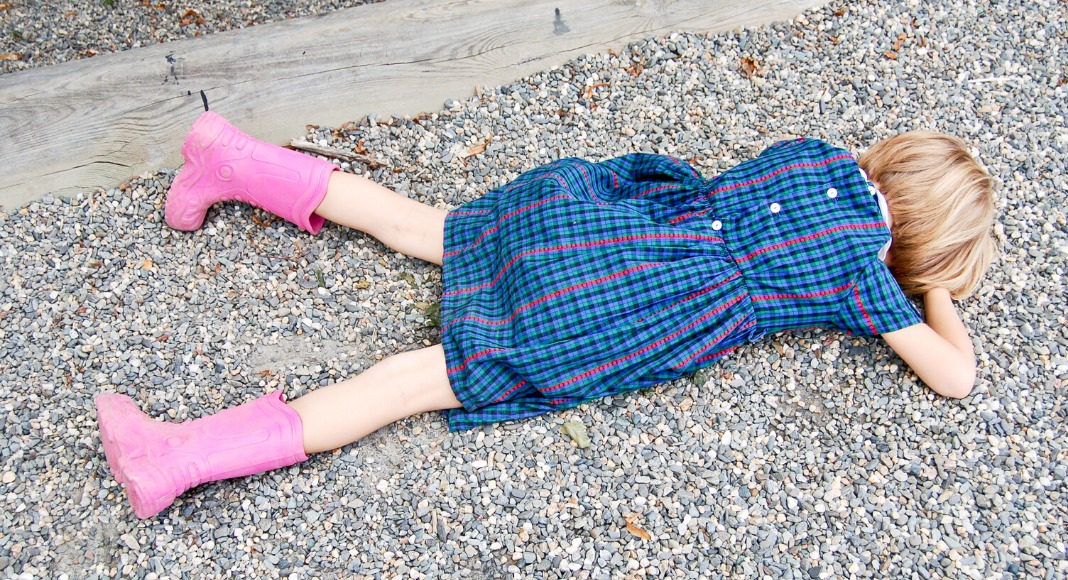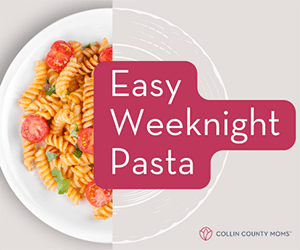If you have kids, you know that temper tantrums can be exhausting. You wonder what happened to your sweet loving child as you try to navigate the emotional meltdowns that begin in toddlerhood. The first time my child had a tantrum I thought I was going to Lose. My. Mind.
It came on quickly as she crouched in the corner behind our sofa. She screamed and flailed for what seemed like an eternity. I offered her drinks, food and toys to no avail. I started to wonder if she was in pain and checked her body for injuries, not finding one scrape. I tried to console her but she wanted nothing to do with me.
It was hard watching my child writhe on the floor not knowing how to help her. I just stared at her completely bewildered without any solution to the problem. At the time, I didn’t realize that my child was feeling the exact same way. She didn’t know how to handle the situation either. It’s easy to get frustrated with temper tantrums, but once you learn what’s happening in their little brains you can be more patient with them.
In the second year of life, toddlers become more aware of the world and things they need or want in it. This is an exciting milestone that is also met with a lot of frustration for the child. They don’t yet have the language skills to say what they want or need. They live in an emotional world and only know how to express frustration through crying or screaming. These communication skills worked for them up until now (remember scooping up your sweet newborn at the slightest whimper?) but it’s not working for mommy or child anymore!
These are some tips to handle or avoid tantrums altogether.
 Don’t Have Kids.
Don’t Have Kids.
Stay Calm. It’s easy to loose your cool and jump on the emotional roller coaster with your child. There have been many times I’ve wanted to scream alongside my toddler or start crying in the grocery store. The best thing that’s worked for our family is to stay calm and not give into the emotional reactions, no matter how bad the behavior. This can take a lot of deep breathing on my part!
Use Distraction. This is actually a good coping skill adults use, so why wouldn’t we use it with our children? Listen to music, dance, sing a song, blow bubbles, go for a walk, or paint. Playing with playdoh, sand or water are also self soothing. I’ve even given my child a bath in the middle of the day to avoid a meltdown. You can easily get creative with this strategy because children love play and anything FUN!
Plan Ahead. Most of us like to know what to expect in our day. Our children aren’t any different. It helps when I talk about our plans. Repeatedly. Over and over. I usually tell my daughter at least 5+ times that she’s going to school before we even leave the house. I typically remind her about school as we eat breakfast and get dressed. So when it’s time to go, she knows what to expect and there isn’t a (huge) struggle to get in the car.
Give Choices. Children naturally want to be more independent. Give your child some non-critical choices throughout the day to help them feel more in control. They can choose which shirt to wear or what to eat for a snack. This helps reduce tantrums and avoid them all together.
Identify Emotions. Some toddlers know basic emotions like happy and sad. I’ve found sometimes that just putting a word to what my child feels can help a lot. I may give her a hug and say, “I know you don’t like it when a toy breaks, and I see you’re sad about it.” Now, your child may not get all of that, but they can pick up on tone of voice and body language. They can tell when your being empathic (putting yourself in their shoes) and providing support. This isn’t my go-to tactic, but on a rare occasion it’s been exactly what my daughter needed and it worked. Another way to do this is to show pictures of emotions to help the child identify them.
Finally, take care of yourself! It can be exhausting teaching a little human how to handle emotions.
Check out some of these self care ideas from NashvilleCMB.













